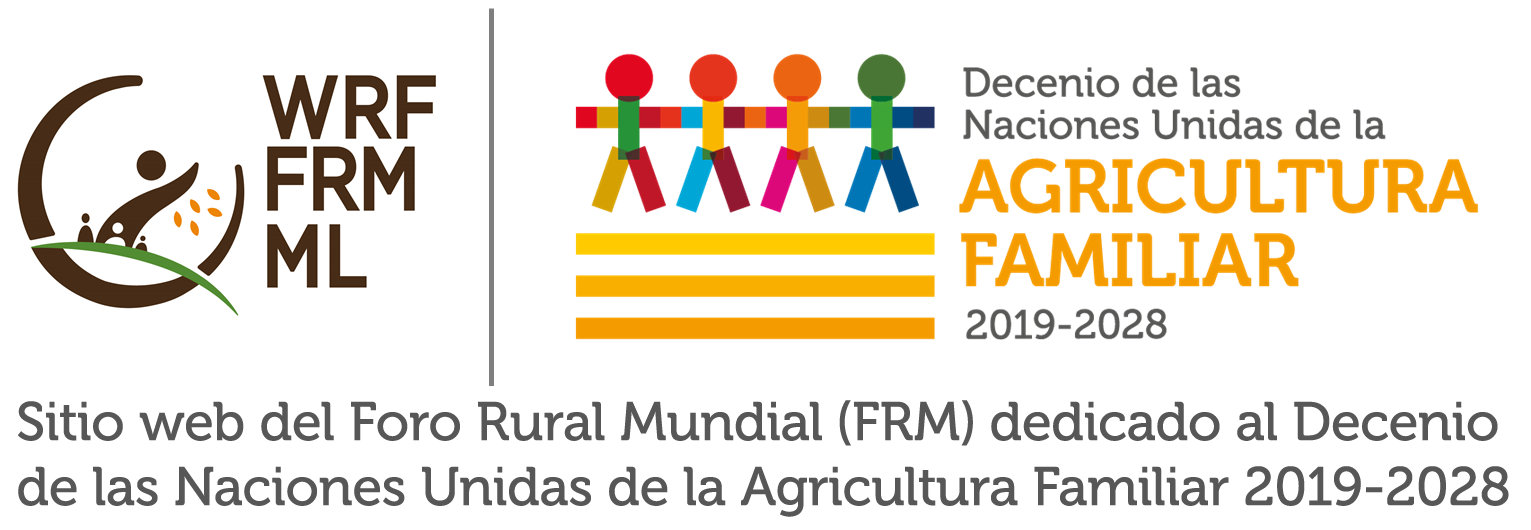Family Farming
What is FF?
 “Family Farming (which includes all family-based agricultural activities) is a means of organizing agricultural, forestry, fisheries, pastoral and aquaculture production which is managed and operated by a family and predominantly reliant on family labor, including both women’s and men’s. The family and the farm are linked, co-evolve and combine economic, environmental, social and cultural functions”
“Family Farming (which includes all family-based agricultural activities) is a means of organizing agricultural, forestry, fisheries, pastoral and aquaculture production which is managed and operated by a family and predominantly reliant on family labor, including both women’s and men’s. The family and the farm are linked, co-evolve and combine economic, environmental, social and cultural functions”
(Conceptual definition by the International Steering Committee for the 2014 IYFF. FAO, 2013).
Furthermore, family farmers carry out a highly important socioeconomic, environmental and cultural function and therefore affect sustainable development, people and the planet.
Family Farming…

creates employment within and beyond farms themselves

helps to expand rural economies

prevents depopulation and supports the area

conserves and restores biodiversity and ecosystems

utilises production methods that can help to reduce or avert the risks of climate change.

and ensures the transfer of knowledge and traditions from generation to generation
Family farming in figures

Family farming produce more than 80% of the food in the world

Family farms manage around 70-80% of farmland worldwide

More than 90% of farms are run by an individual or a family

WOMEN provide almost 50% % of farm labor, but they only hold 15% of farmland
Family farming in the 2030 Agenda
Family farming performs a key role in the 2030 Agenda for Sustainable Development. Of the 17 Sustainable Development Goals (SDGs), 10 are directly related to family farming (Family Farming in the 2030 Agenda for Sustainable Development. WRF, 2017).
In other words, family farming can contribute to the accomplishment of most of the SDS, provided that the measures which support its activities (access to land, water, infrastructure, markets, and financial services) are appropriately handled, paying special attention to the youth and to women.









